Berlemann is also Professor of Economics at the Helmut Schmidt University (HSU), which is HWWI's latest academic co-operation partner, and specialises in business cycles, growth, monetary economics, financial markets, geoeconomics, migration and SME research. This broad scientific positioning forms the ideal basis for four focal points of research at HWWI in future: Business Cycle & Growth, Migration & Integration, Spatial Economics and Environment & Climate. In recent years, Berlemann has done intense research into the economic repercussions of climate change, which is closely linked to migration and integration as climate change and natural disasters are considered the main triggers of refugee movements.
The Hamburg Institute of International Economics (HWWI) is undergoing strategic realignment after Professor Michael Berlemann became Scientific Director in March and now heads the institute with Dr. Dirck Süß, Managing Director in a dual role. Founded in 2005, the HWWI is an independent, privately financed research institute in which the Chamber of Commerce is the only shareholder. Its 15 researchers focus on the impact of climate change on northern Germany, migration influxes in future and efforts at integration in Hamburg, and given the immediacy of war in Ukraine how violent conflicts and inflation effect the local economy. Hamburg News spoke to Berlemann about the reorientation.
Four focal points
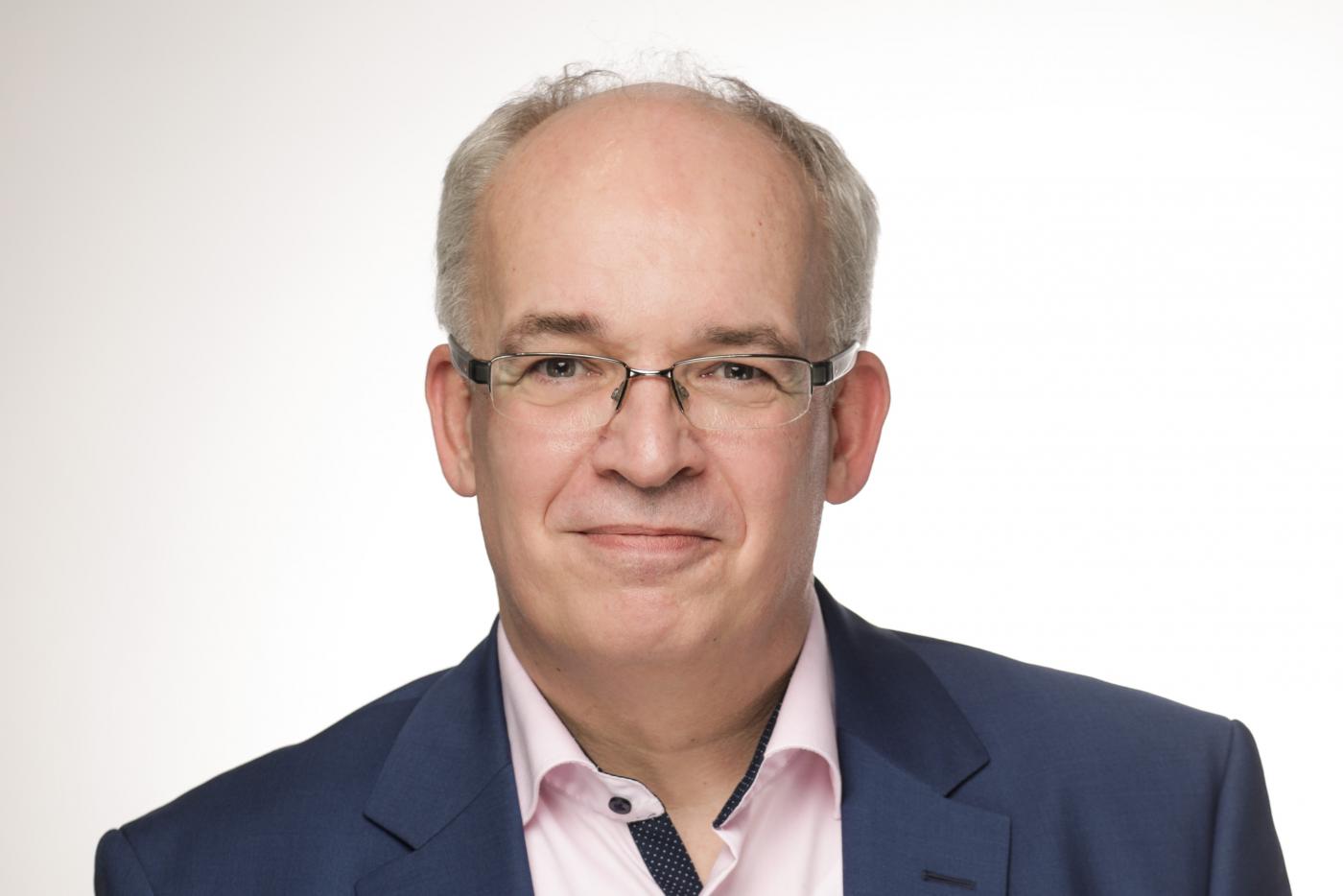
Economic policy recommendations
Hamburg is well positioned in this regard, according to Berlemann, and the city lives up to its image as a "gateway to the world". He added: "Hamburg is a cosmopolitan city that has vast experience with migration and the associated challenges. This multicultural society has mastered integration in many areas." However, research into migration based on sound data remains important. "We at HWWI conduct research into the various aspects of migration flows i.e., their size, the causes and the consequences for our economy." Berlemann's research relies on empirical methods from micro and macroeconometrics with cross-sectional time series and panel data sets. "I work especially with small-scale, often geo-referenced data. We also use experimental economic research methods." The insights gained help formulate economic policy recommendations for solving issues in politics, business and the public sphere. During the collaboration with HSU, the number of staff at HWWI is expected to more than double and Berlemann hopes to be able to offer his own economic forecast for northern Germany in 2023.
Independent supply of energy crucial
An economic research institute’s main tasks include identifying significant developments and trends early. However, economic research has been driven more by unexpected developments since 2019, according to Berlemann. "For the first two years we were preoccupied with the repercussions of the pandemic. Now, there is the war in Ukraine and how to become independent of supplies of raw material supplies from Russia." Given this backdrop, Hamburg's commitment to hydrogen research is sensible. "We should get out of fossil fuels as quickly as possible. The crisis has shown us the importance of energy independence.”
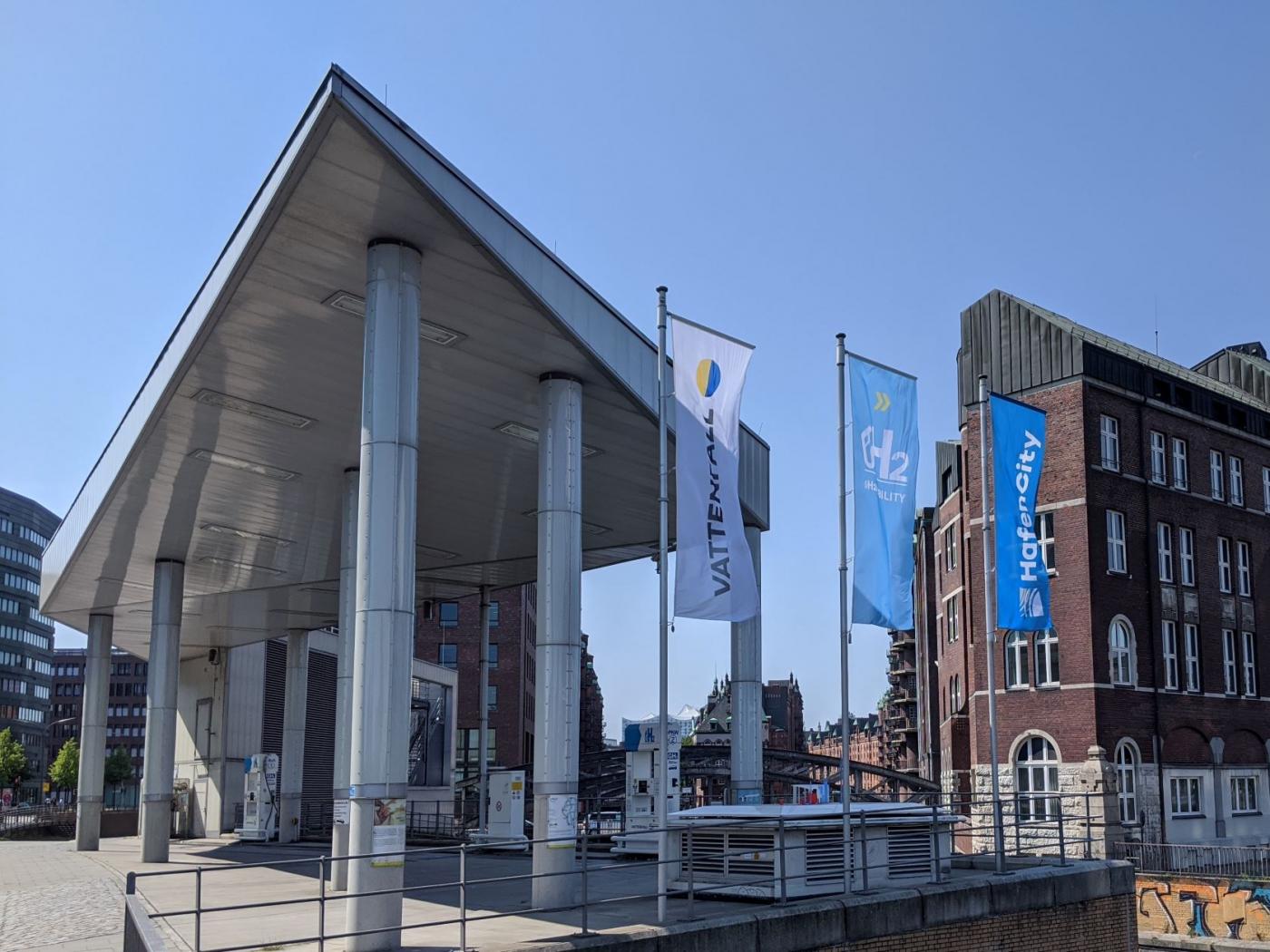
Making the port competitive
The recent crises have highlighted the extent of global economic interconnectedness. "Germany is an export-orientated country and a considerable number goods are handled in the Port of Hamburg. Thus, the port must be competitive. That requires clever solutions in terms of technology as well and developing hinterland traffic," Berlemann stressed. Hamburg should not concentrate solely on the port and instead strive for a clever mix of traditional business and support for new areas that may emerge in the start-up scene. "The tried and tested should be further developed. But limits must be identified early to build up a portfolio that is viable in future at the same time." HWWI is only too willing to point out possible solutions based on sound scientific research.
ys/pb
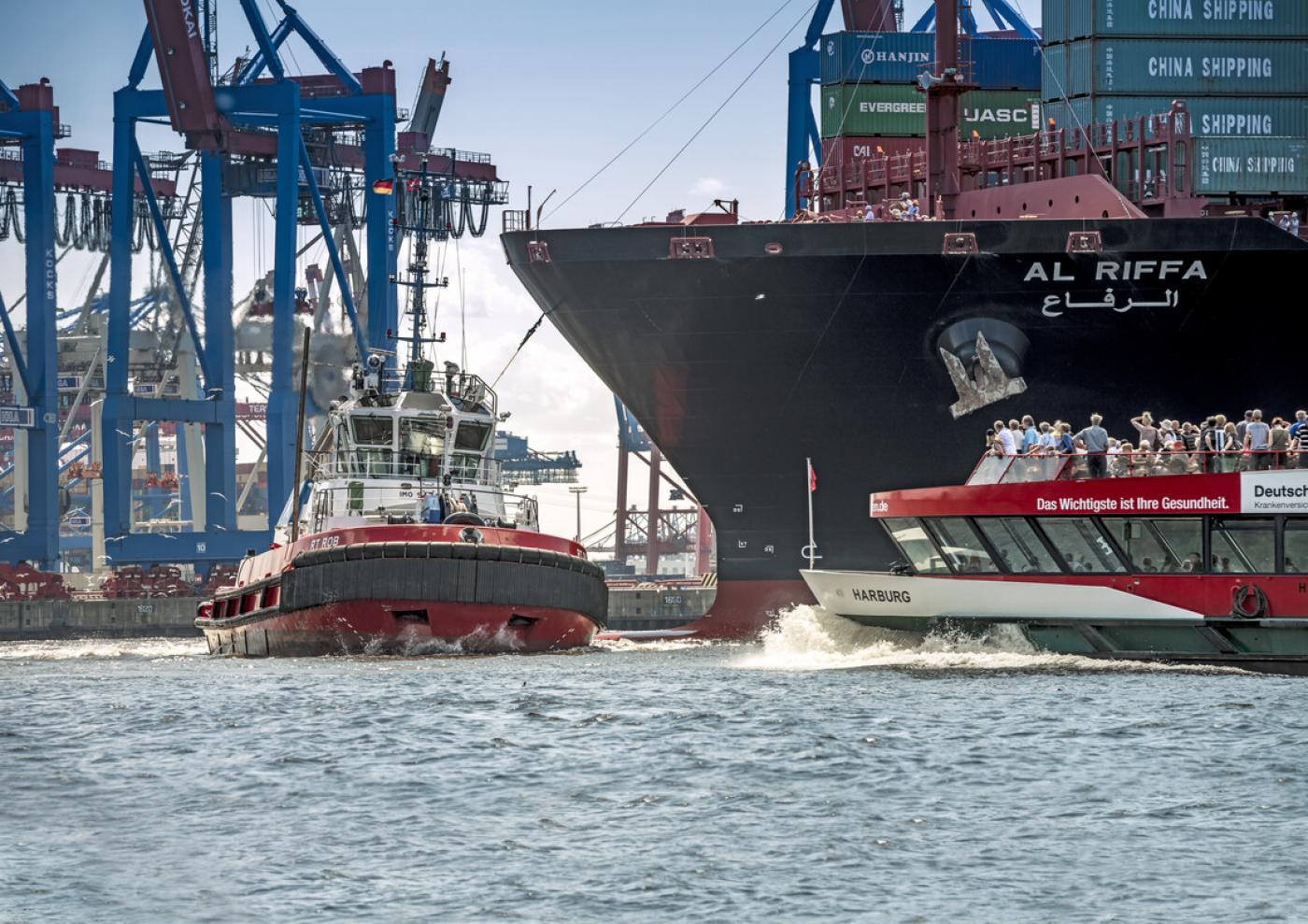
Sources and further information
More
Similar articles
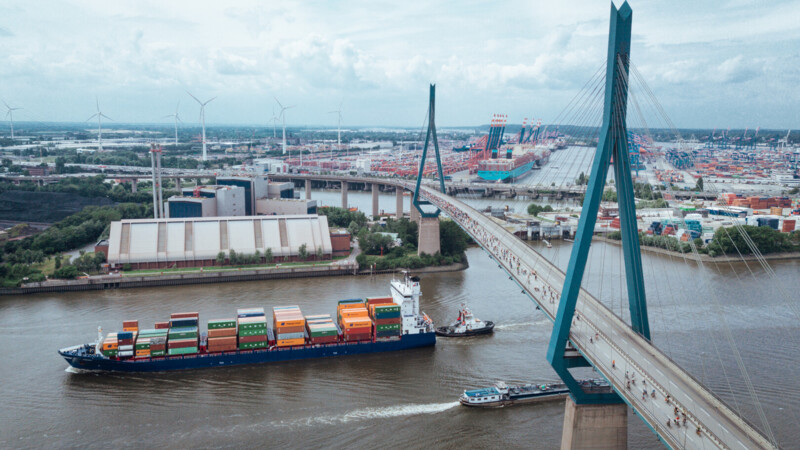
Latest industrial report indicates drop in CO2 emissions
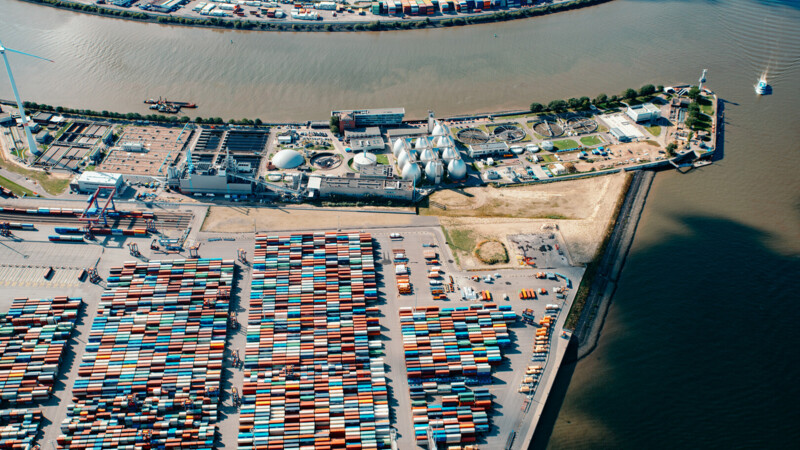
HHLA launches hydrogen innovation cluster
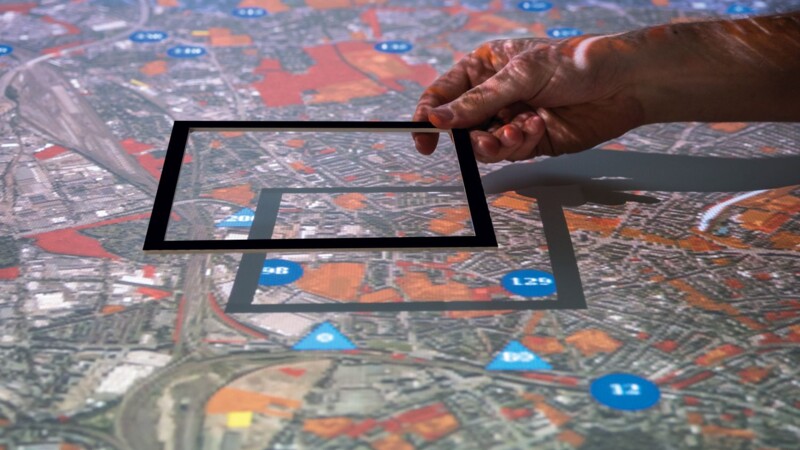
Hamburg's City Science Lab sets digital impulses for urban development
